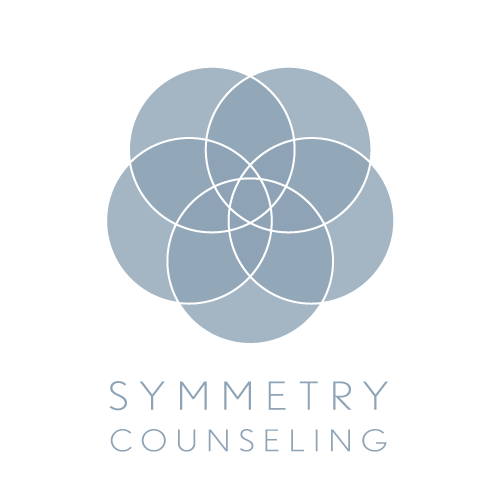Menstrual Health and Mental Health: When Hormones Hijack Your Mood
The range of emotions I can feel from week to week (or even day to day) is downright confusing. Am I about to start my period? Am I grieving? Am I perimenopausal? Or... do I just not like people today? If you've ever asked yourself any version of these questions, you’re not alone. The intersection of hormones and mental health can feel like an absolute train wreck—one we rarely talk about until we have to.
The Science of the Chaos
Hormones are the body’s ultimate mood regulators, influencing neurotransmitters like serotonin (mood stability) and cortisol (stress response). When estrogen and progesterone fluctuate, so does emotional balance. This can lead to PMS mood swings, the severe symptoms of premenstrual dysphoric disorder (PMDD), and peri-menopause-related anxiety or depression.
PMDD affects about 5-8% of menstruating individuals, causing debilitating mood symptoms (NIMH, 2022).
Perimenopause can last up to 10 years, bringing unpredictable emotional highs and lows (ACOG, 2023).
Why Aren’t We Talking About This?
Despite the significant impact of hormonal changes on mental health, many symptoms are dismissed as “just part of being a woman.” But hormonal health is mental health. Understanding these connections empowers us to advocate for better care.
What Can Help?
Track Your Cycle – Apps like Clue or Flo can help identify mood patterns.
Prioritize Body Movement to improve hormone balance.
Consider Therapy & (and perhaps Medication) – Select Therapy Modalities and SSRIs are effective for PMDD.
Seek Support & Talk About It – Reducing stigma starts with open conversations.
Final Thoughts
The next time you feel off, take a pause. Is this hormonal? A pattern? A mix of everything? Awareness helps us manage symptoms rather than just endure them. Menstrual health and mental health were never meant to be separate conversations.
References:
American College of Obstetricians and Gynecologists (ACOG). (2023). Perimenopause & Menopause. Retrieved from www.acog.org
National Institute of Mental Health (NIMH). (2022). Premenstrual Dysphoric Disorder (PMDD). Retrieved from www.nimh.nih.gov
